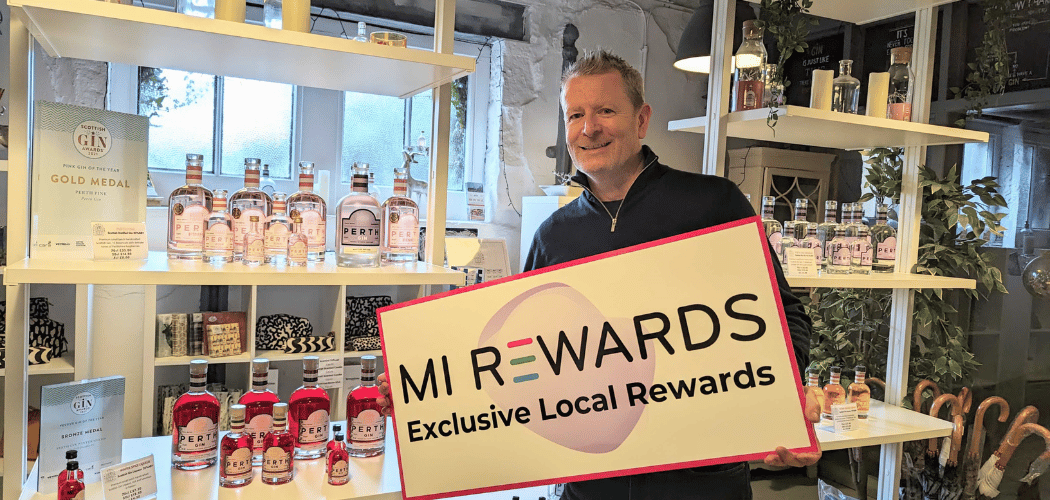A major transformation is taking place in the way in which branded consumer goods companies are building direct bonds between themselves and consumers, according to a new white paper from Loyalty Lab.
The white paper, entitled 'Loyalty: The new imperative', suggests that until quite recently, brand marketers had largely yielded the consumer relationship to channels such as trade promotions and mass-market advertising such as TV, minimally-targeted interactive, magazines, outdoor ads, and newspapers.
New breed of marketer
However, with new technologies and the creativity of a new generation of marketers, a growing number of consumer brands are investing in direct loyalty marketing techniques instead.
Such companies have been creating loyalty programmes to collect their consumers' contact details, identity, and preferences, and to actively engage them with on-brand promotions. The aim of these programmes is to take advantage of existing purchase behaviour and to drive higher rates of re-purchasing, new product adoption, and line extension.
Proven strategy
The strategy has already been proved worthwhile by some major players. For example, a good example of this kind of direct-to-customer loyalty programme is Coca-Cola's My Coke Rewards. Tens of millions of consumers have registered for the programme, providing insightful profiling data during sign-up and continuing to deepen Coke's insights as members enter their various bottle cap and multi-pack codes. Points earned from registration, purchases and other ongoing interactive promotions can be exchanged for a wide range of rewards from the programme's reward catalogue.
Other companies in food and beverage, consumer electronics, personal products, digital media, and apparel are also designing and building compelling consumer loyalty programmes, having made the decision to actively 'own' their consumer relationships and to better control marketing activities aimed at brand-loyal customers.
The big change
So what has changed? Well, many consumer goods marketers have realised that there is a significant advantage in being able to identify, communicate directly with, and influence their most valuable customers.
Retailers, hotels and airlines have been doing exactly that for years. They have been recognising and rewarding their most loyal customers, targeting offers at best customers, reaching out to at-risk customers, and strengthening their overall brand identities with those who were most likely to grow their value or influence their peers.
Focus on relationships
The initial promotions were characterised by the creation of permission-based, e-mailable lists, and the typical model was to run an online sweepstake or other interactive promotion to gather data. This type of promotion has now become ubiquitous, which shows the power of list acquisition and the degree to which brands can be promoted and strengthened in this way.
But the next big change, Loyalty Lab predicts, will be the new trend of moving beyond the short-term promotion toward the design of truly relationship-focused consumer loyalty programmes. The full white paper has been made available for free download from Loyalty Lab's web site - click here (PDF document).
|
More Info: |




